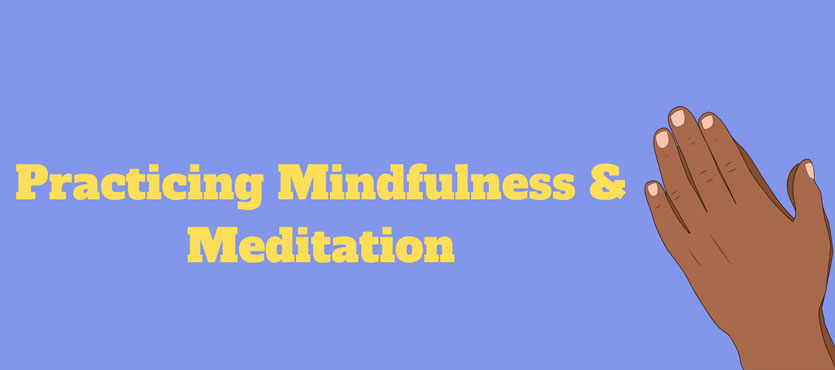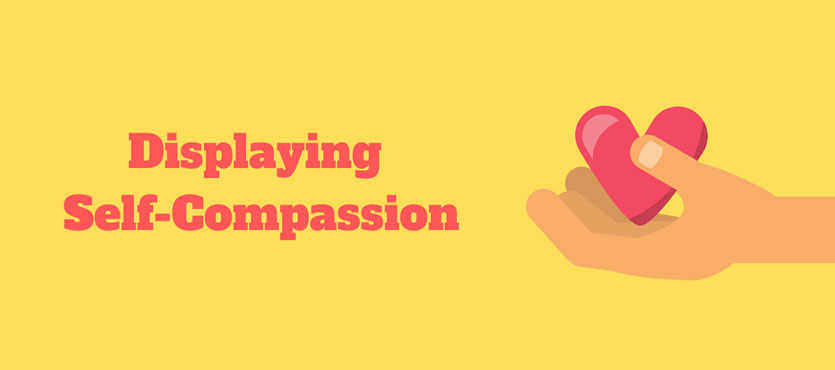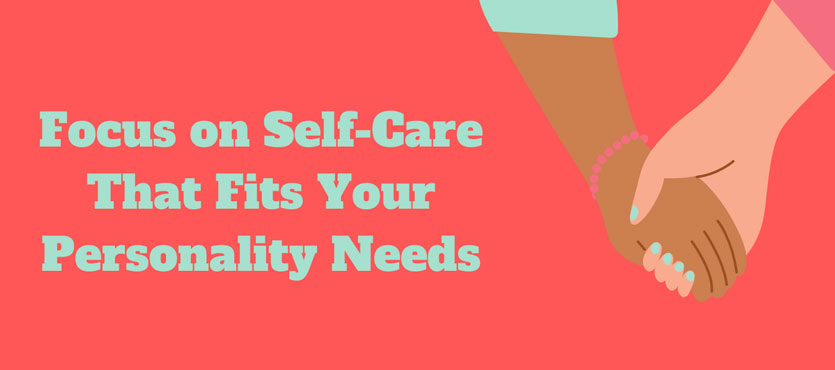Coping with COVID-19
The events of COVID-19 have dramatically changed the landscapes of our lives, and I want to affirm and encourage you if it has been difficult to find your footing in this strange and uncertain time. You are not alone. It is okay not to be okay.
As the health, wellness, and resilience education program coordinator, I share resources and best practices to help students thrive as part of my everyday duties. I am especially grateful to my colleagues at the Counseling Center who continuously provide their guidance and support not only to me, but also to our whole community.
In response to the campus closure and the transition to online learning, the Counseling Center partnered with the department of social work to create a five-week social emotional campaign called Waves of Wellness, in which we shared resources in all mediums, ranging from podcasts, infographics, and even recipes, to help students, faculty, staff, and beyond feel a little more well. We hope that you check out the many resources available on our website under each topic area.
COVID-19 has forced circumstances upon us that we did not choose. When so much feels out of your control, here are some tangible ways you can choose to cope.

Limit News and Social Media Exposure
Of course, it is important to stay informed, but constant connection to news notifications or social media can result in vicarious trauma and traumatic stress. One way to limit news exposure is to choose a trusted leader or source that you can depend on, and only watch the content from that chosen leader or source. Another way is by implementing time limits through your phone settings on news apps or social media platforms to create more space for self-care or other activities.

Practice Mindfulness and Meditation
A deep breath or a time of deep breathing is a healing gift you can always give yourself. Meditation reduces anxiety, stress, and depression and increases attention span and well-being. Whether you are brand new or familiar with mindfulness and meditation, the app Sanvello is a great resource that you can access at your fingertips. With Sanvello, you can track your mood and health habits, practice meditations, and build good daily habits to support your mental health. The Counseling Center offers free premium access to this app if you sign up with your pepperdine.edu email address.

Display Self-Compassion
It is important to remember that negative emotions and sensations will come, and that these negative emotions are not an indication of weakness or brokenness.
When those feelings overwhelm you, imagine that a family member, friend, or loved one has approached you and shared that they are feeling what you are feeling. You would not judge them or think any less of them, but you would comfort them. Extend that same softness, gentleness, and embrace that you would extend to others to yourself in moments of your own fear, stress, anxiety, or anger.
Try implementing self-compassion breaks throughout your day. Pause to breathe, place your hand on your heart to release oxytocin—the safety and trust hormone—and name what you are feeling, followed by an affirmation: "I am scared, but I am choosing to be kind to myself in this moment."

Focus on Self-Care That Fits Your Personality Needs
Take some time to reflect on this question: What brings you joy? The people around you may thrive scheduling FaceTime and Zoom hangouts every evening, but if you would benefit from recharging in a different way, we encourage you to do what is fulfilling to you.
Self-care does not always take the form that it does on social media or in the TV shows or movies we watch. It is not always bubble baths and face masks, but it can manifest as making your bed, practicing basic hygiene, even just drinking water to nourish your body. s You might pressure yourself to practice self-care in a prescribed way, but what you really should do is something that fills you, makes you feel more whole, and makes you feel more you. Follow us on Instagram for more tips on self-care.
Please never forget that help is available. The Pepperdine Counseling Center continues to offer telehealth appointments, able to be scheduled by email at student.counseling.center@pepperdine.edu or by phone at 310.506.4210. The National Suicide Prevention Lifeline is 800.273.TALK (8255). In the case of an emergency, call 911. We stand ready to support you.